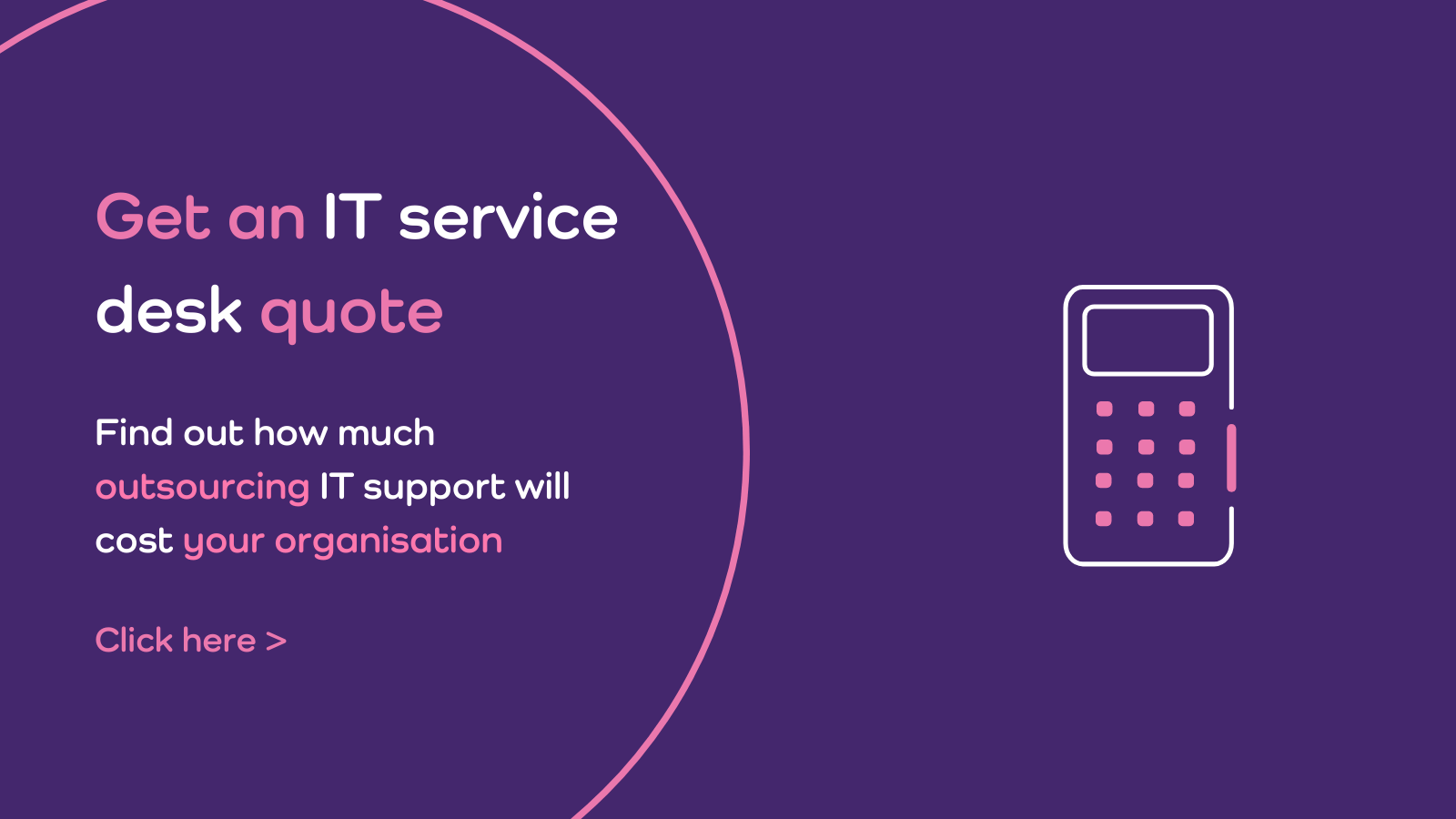What are the key trends shaping the IT service desk outsourcing industry? Below I explore how demand for IT support is driving our service offering and our clients’ success.
IT service desk trends for 2020 and beyond
1. Out-of-hours and 24 7 service desk outsourcing
A combination of factors has increased demand for out-of-hours IT support. A key development is the increase in remote and flexible work policies that means many organisations have staff working outside of traditional business hours, in the evening or weekend.
Remote working and cloud computing trends have also resulted in more companies hiring staff that live and work in different time zones. With the right cloud platforms there’s no reason why you can’t hire the best talent available globally, but for these employees it’s vital that you have 24 7 IT support.
Customers also expect access to service desk support out-of-hours, especially from the brands they engage with outside of work. A good example is the technology companies we work with. Many operate their own service desk during business hours but use IT service desk outsourcing to cover out-of-hours including nights, weekends and public holidays.
Thinking about outsourcing your service desk? Get a high level quote here >
2. Multilingual service desk analysts
Multinational organisations that want to increase employee engagement and productivity are doing so in unexpected ways. Overcoming language barriers to ensure that staff feel valued, get the right solutions and can work effectively is one way organisations can achieve this.
In the past, UK organisations with multilingual staff would either expect them to access IT support from an English speaking service desk, or would outsource their IT support to local providers. Not surprising this often created more problems than it solved; service levels were inconsistent across different markets and global employees often felt undervalued because of the language gap.
As a result of outsourcing service desk to providers with multilingual capabilities, global organisations are seeing an excellent ROI. Staff are getting consistent IT support across the organisation, tickets are resolved faster, download time is minimised, and productivity levels increase. Employee engagement and satisfaction levels are also boosted – although the HR department probably isn’t giving the IT team credit for this!
3. Demand for cloud support is sky high
As more and more organisations embrace digital transformation demand for service desk analysts with specialist cloud support expertise is on the up. Those companies that don’t factor support into their cloud migration strategy may find that they can’t fully exploit the benefits of the cloud.
Applications designed to increase productivity, collaboration and mobility are great if you know how to use them, and your employees are able to access the tools they need. But if you haven’t got the right service desk team to support your new cloud platforms, you may struggle to get adoption across the organisation.
We’re getting many enquiries from companies that have migrated to cloud platforms without factoring in IT support, who now see the value in having service desk analysts with specialist cloud expertise on their side.
4. AI-enabled service desk
AI is driving many workplace trends and service desk is no exception. Next gen service desk uses AI technology to build self-serve solutions that keep productivity levels high by ensuring users can resolve simple and routine issues without needing to log a ticket. These tools such as chatbots and virtual analysts draw on FAQs and knowledge banks to provide users with solutions. However, the diagnostic capabilities of AI speed up resolution times up dramatically. Factors like in the user’s device, environment, known issues, location and activities are used to troubleshoot the problem and find the best possible self-serve solution: performed in a fraction of the time it would take a human analyst.
5. IT service desks to become more strategic
The traditional role of the service desk analyst has been to react to issues as they arise. But some providers like UKN Group advocate a more proactive approach where the service desk team also has an eye on the future and aligns their service delivery with your business’ operations and strategy.
Service desk analysts pre-empt issues before they arise, ensuring that sufficient resources are available to support new business and spikes in activity. At the same time continuously improving processes and driving efficiencies to deliver more value across the organisations
The trends above will evolve with the digital workplace, your users and the technology platforms that your IT service desk supports. If you’re outsourcing your IT service desk, make sure your provider is also evolving to ensure your organisation gets the most out of your technology and new developments.







